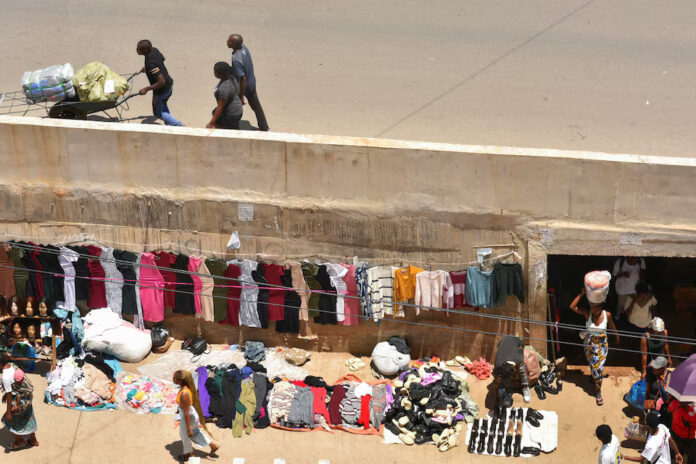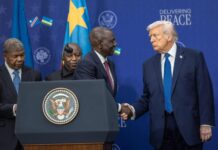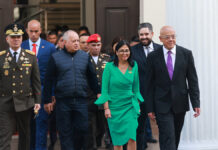
The International Monetary Fund (IMF) has approved the fifth review of Zambia’s economic reform programme, paving the way for the disbursement of approximately $184 million to support the country’s recovery and long-term growth objectives.
The approval, announced on Friday, marks another critical step in Zambia’s efforts to restore economic stability following years of fiscal distress and a historic sovereign debt default. The funds are part of a broader 38-month Extended Credit Facility (ECF) arrangement aimed at bolstering Zambia’s macroeconomic fundamentals.
In a statement, the IMF said the loan programme is designed to “entrench macroeconomic stability, restore debt and fiscal sustainability, enhance public governance, and foster inclusive growth.”
Zambia, a copper-rich nation in Southern Africa, has faced significant economic headwinds in recent years, including the impact of a severe regional drought that dampened agricultural output and economic growth. Despite those challenges, the country has made notable progress in implementing economic reforms and restructuring its sovereign debt.
In 2023, Zambia secured a long-awaited restructuring deal with its major creditors, including bilateral and multilateral lenders. However, negotiations are still ongoing with some smaller creditors, notably the African Export-Import Bank (Afreximbank).
The country’s Ministry of Finance projects a rebound in economic activity, with GDP growth forecast at 5.8% in 2025 and rising to 6.4% in 2026, driven by recovery in the agricultural sector, increased mining activity, and improved investor confidence.
Concerns had been raised about potential negative impacts from U.S. President Donald Trump’s 50% tariff on copper imports, but analysts believe the effect on Zambia’s economy will be limited. The U.S. remains a relatively small market for Zambian copper, and commodity price volatility is expected to stabilize in the medium term.
The IMF’s continued support is seen as vital for Zambia as it rebuilds its fiscal space, improves debt transparency, and reforms key sectors. The programme also includes measures to strengthen public financial management and curb corruption, key priorities for fostering sustainable and equitable economic growth.
The latest disbursement brings total IMF funding under the programme to more than $1 billion, reinforcing donor confidence in Zambia’s reform trajectory and unlocking further access to concessional financing from development partners.
Written By Rodney Mbua


















